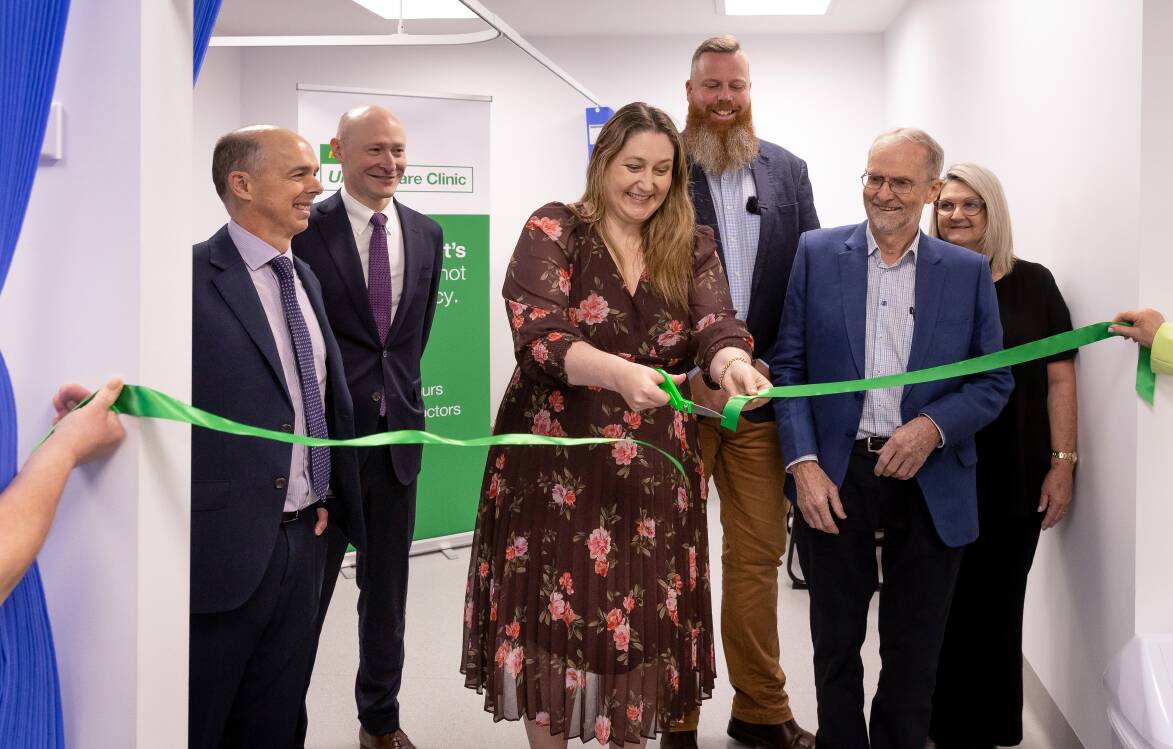
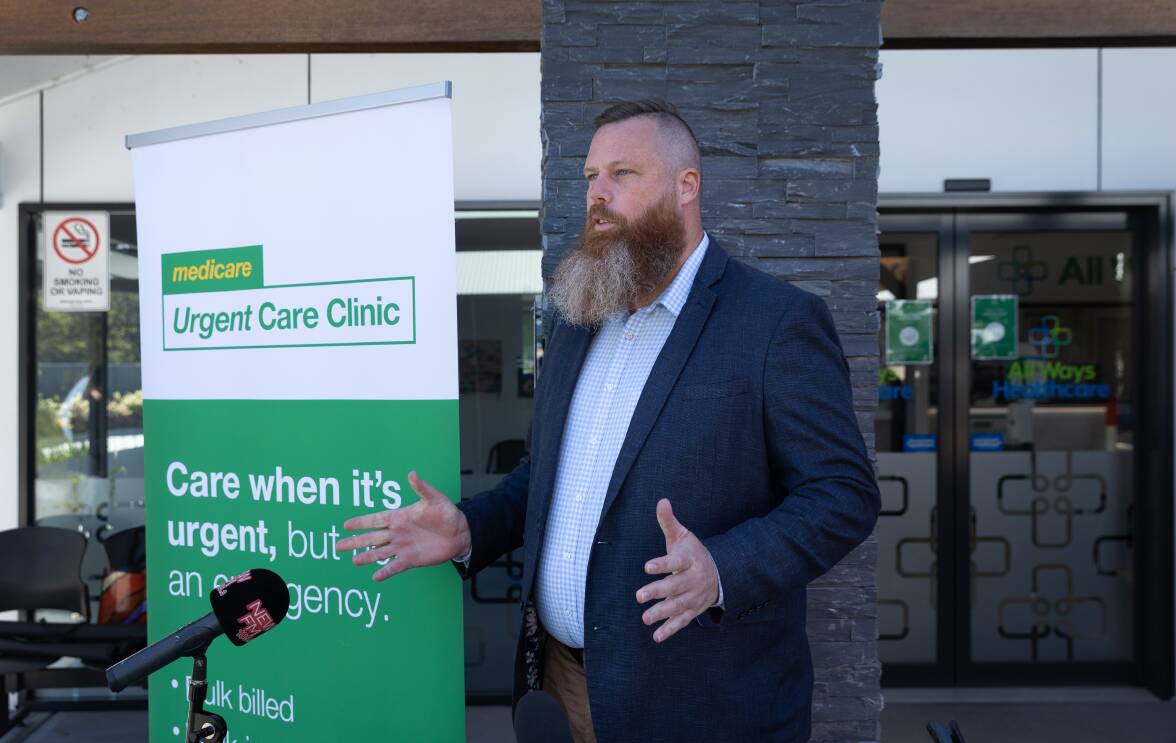
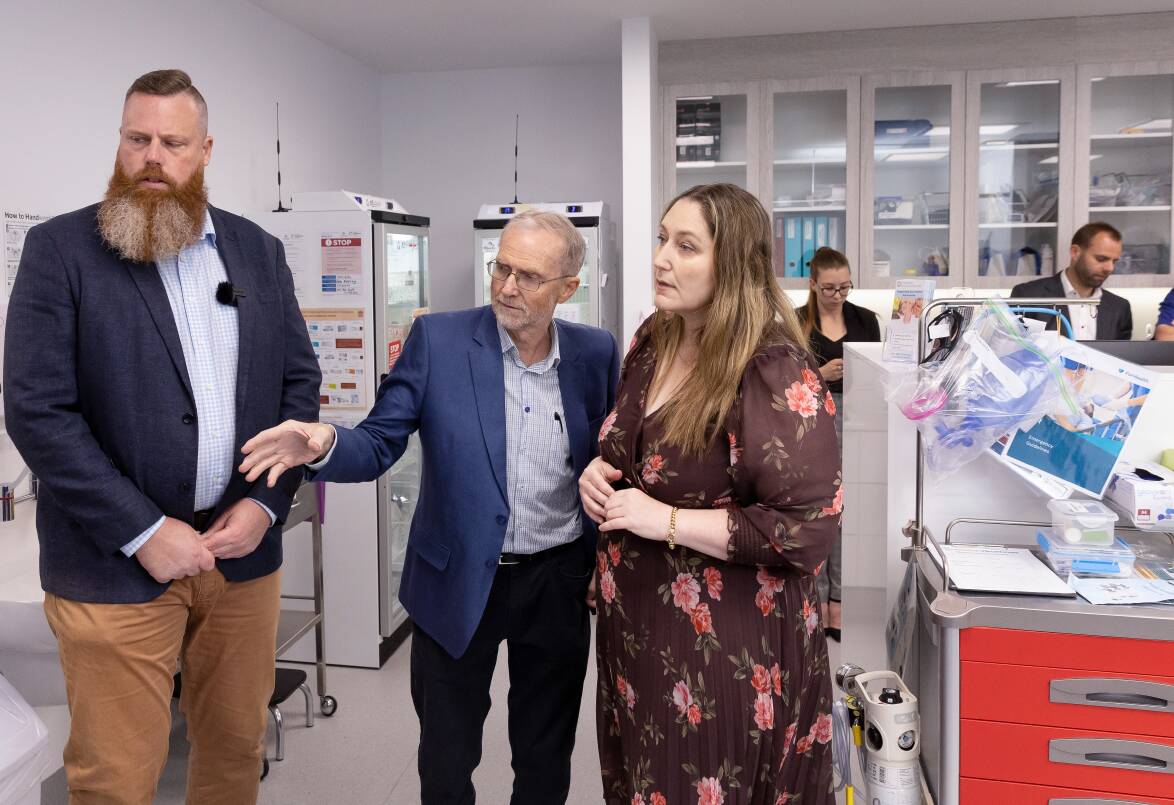
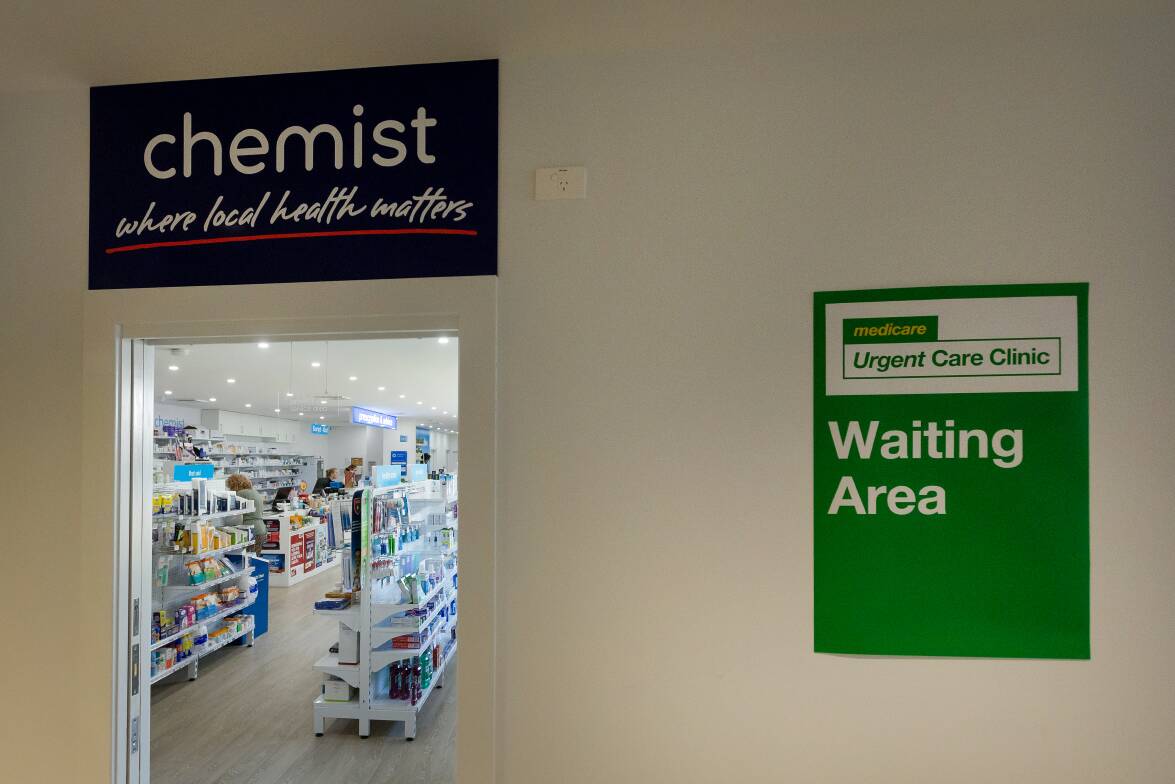
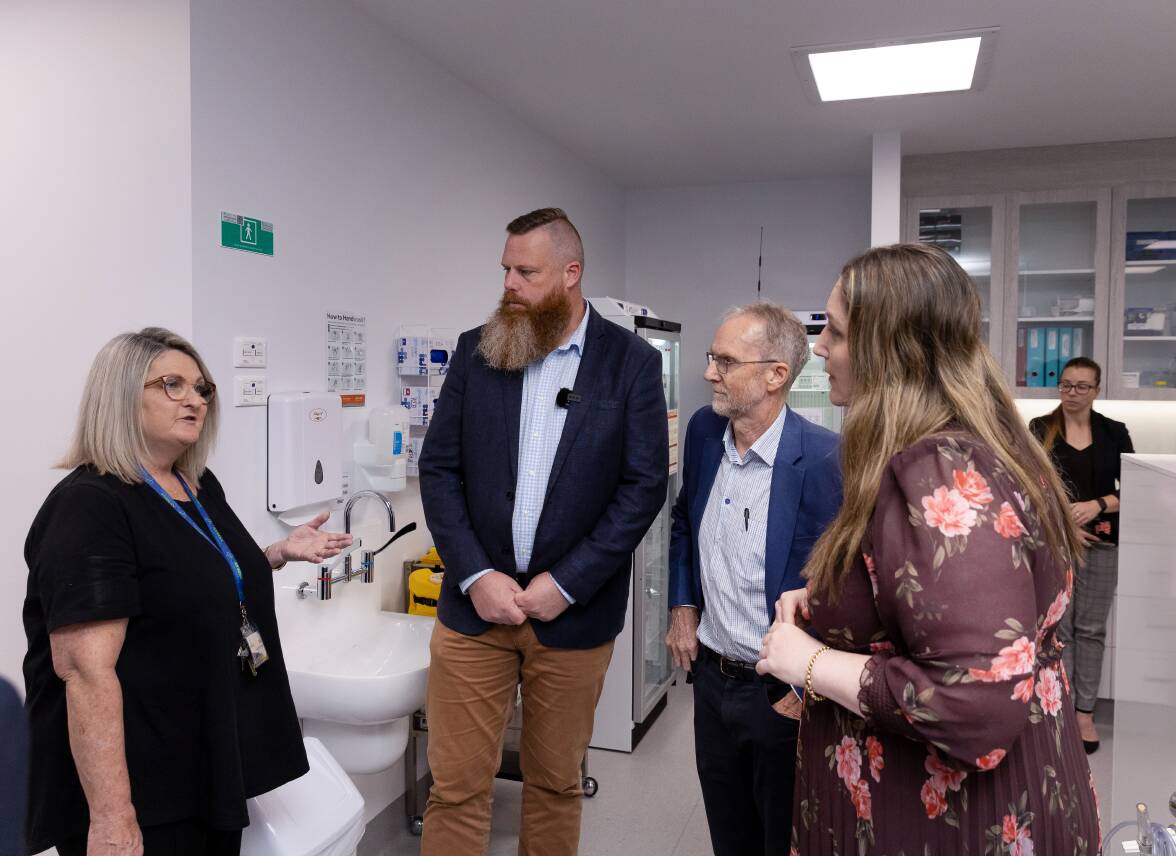
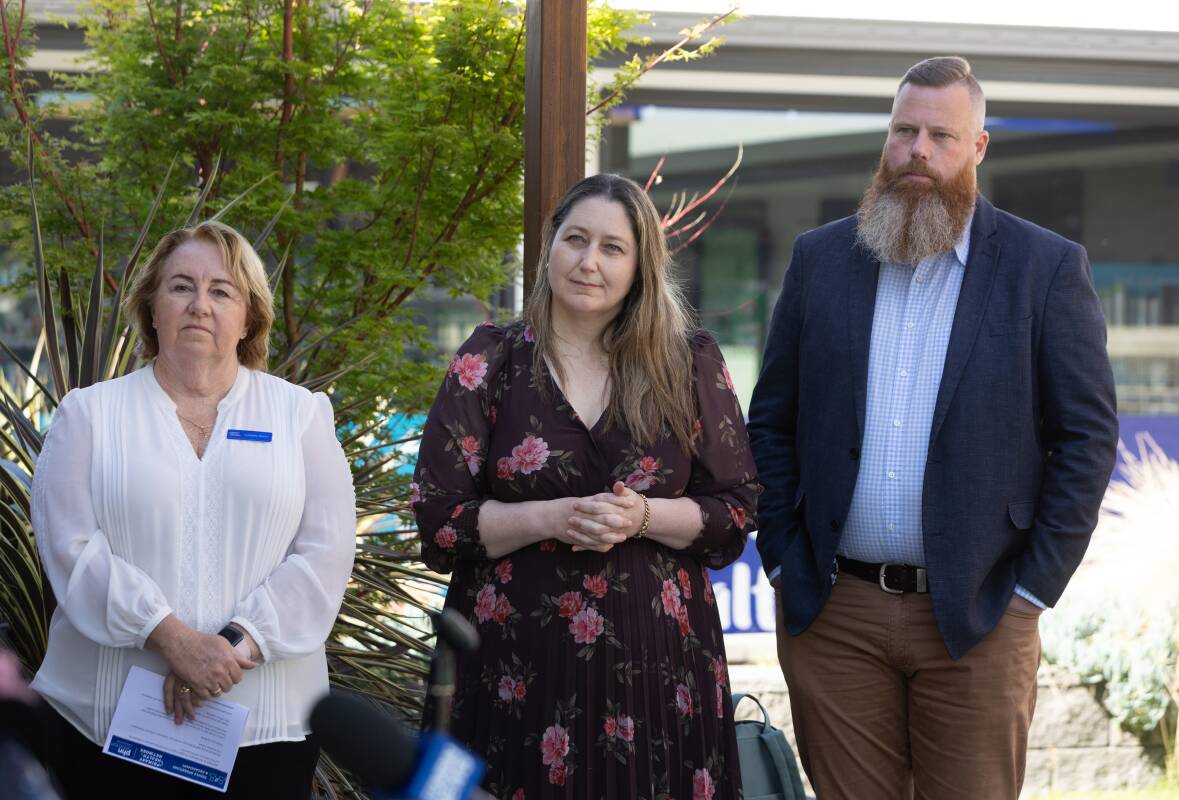
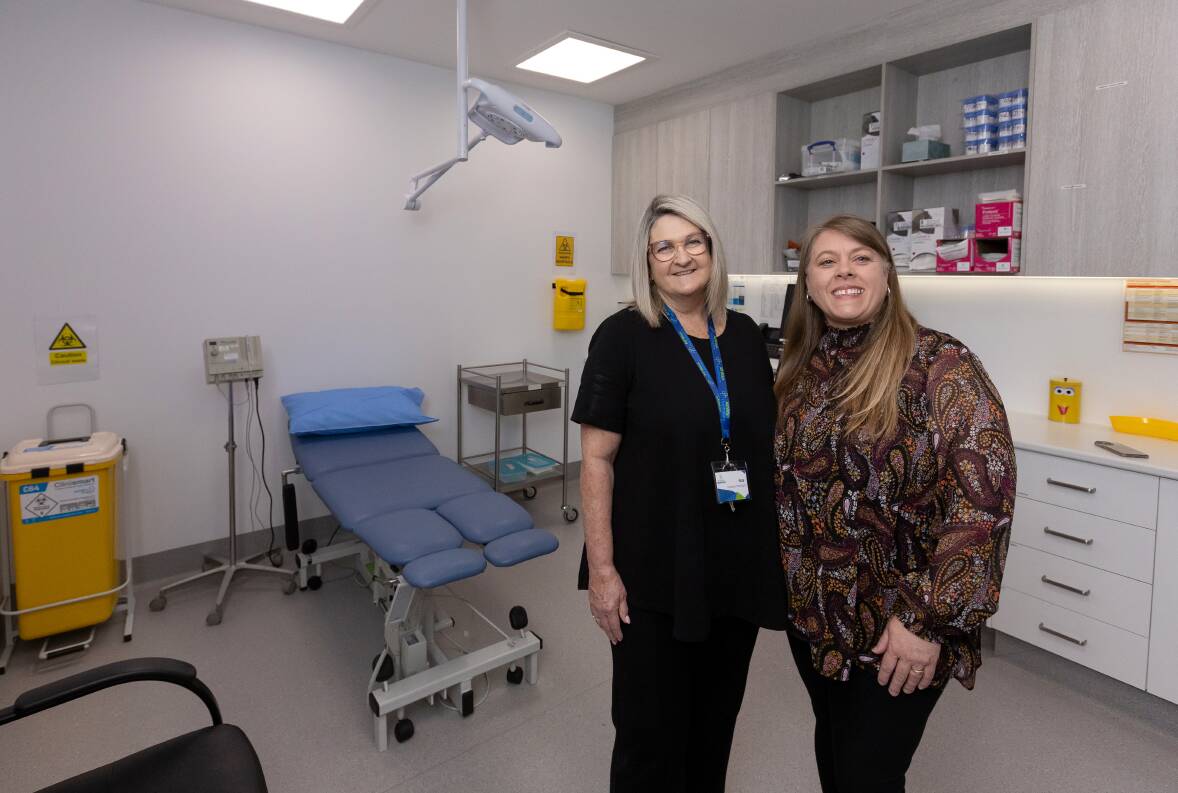
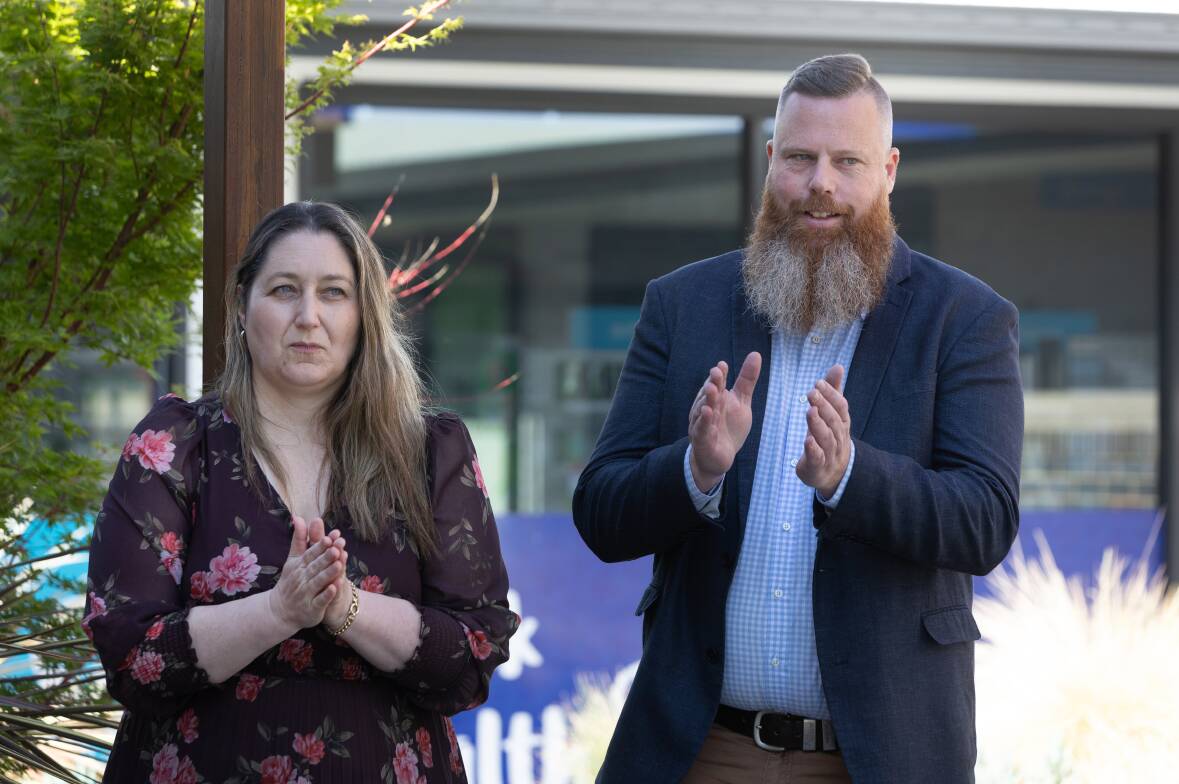
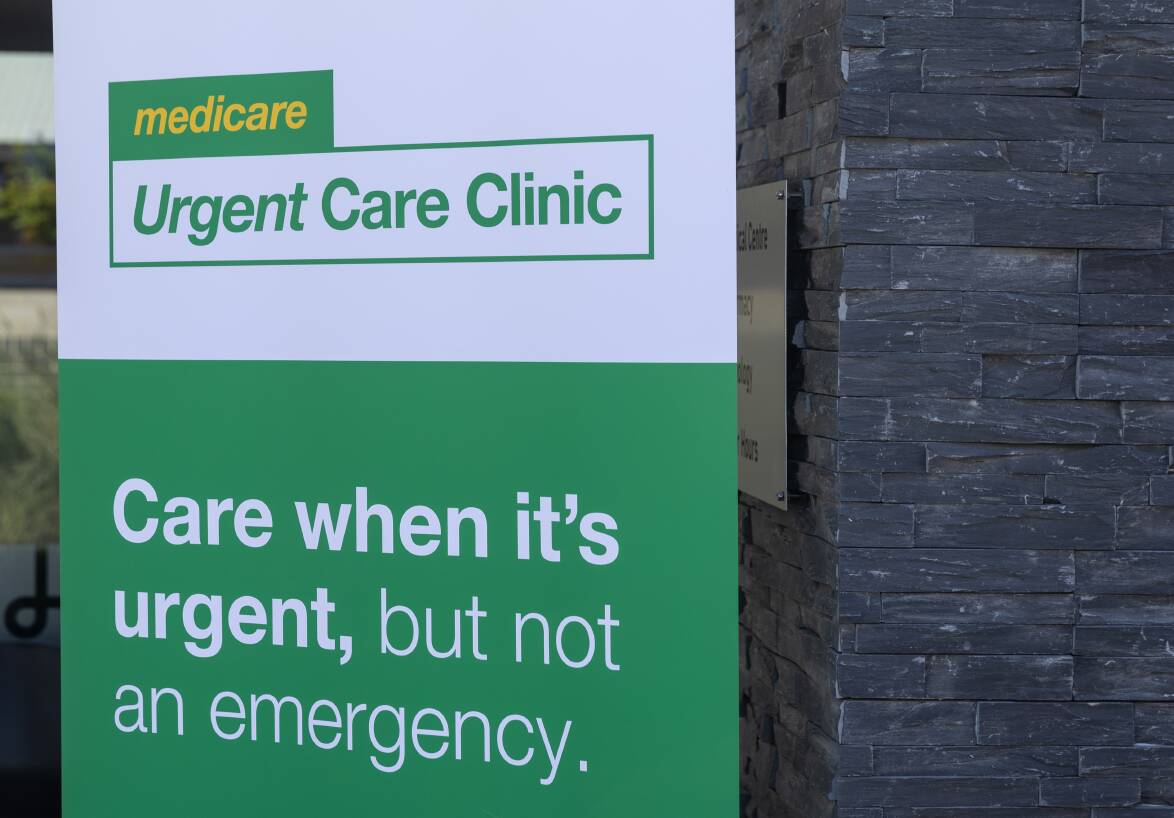
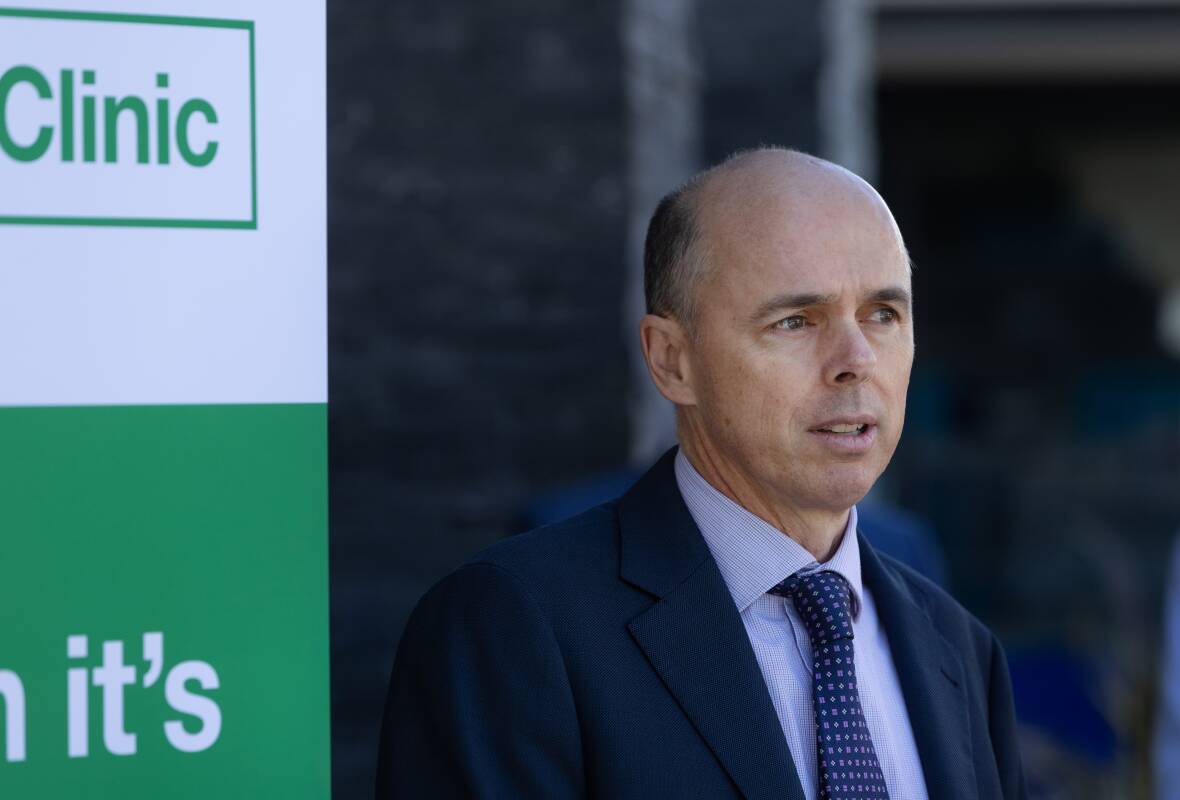
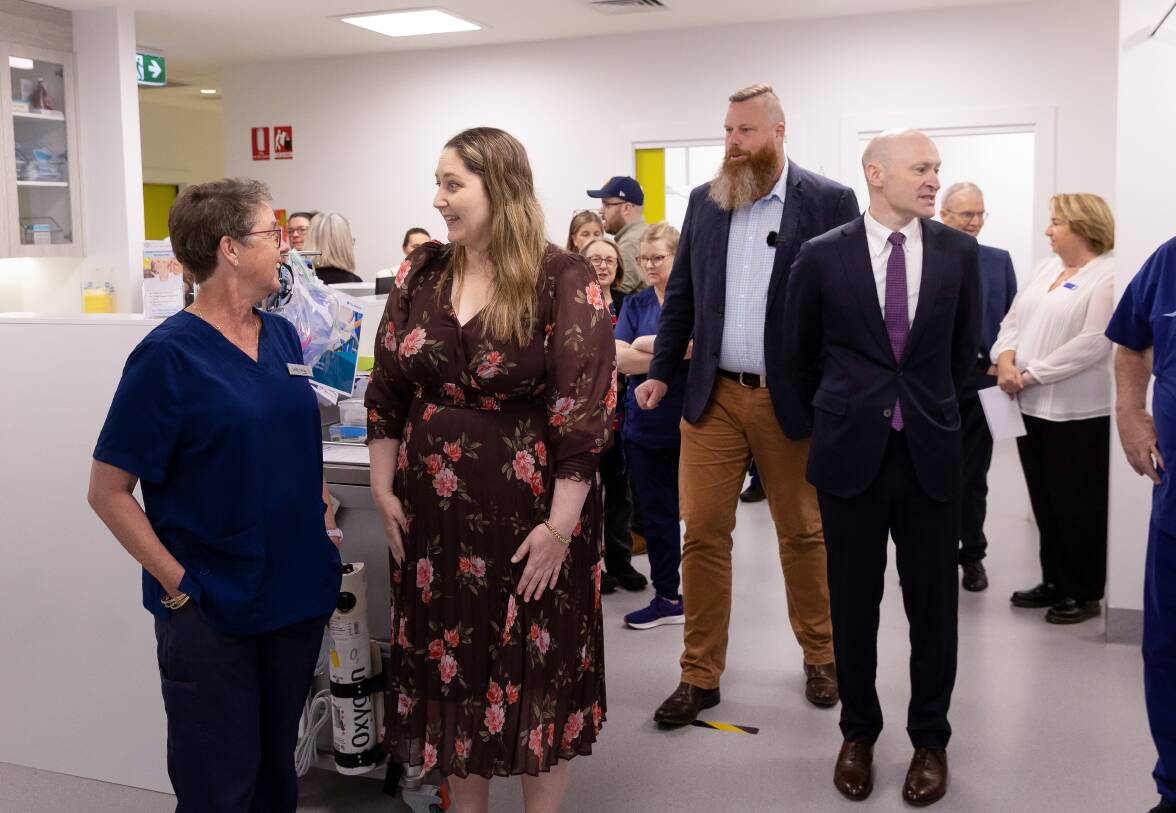
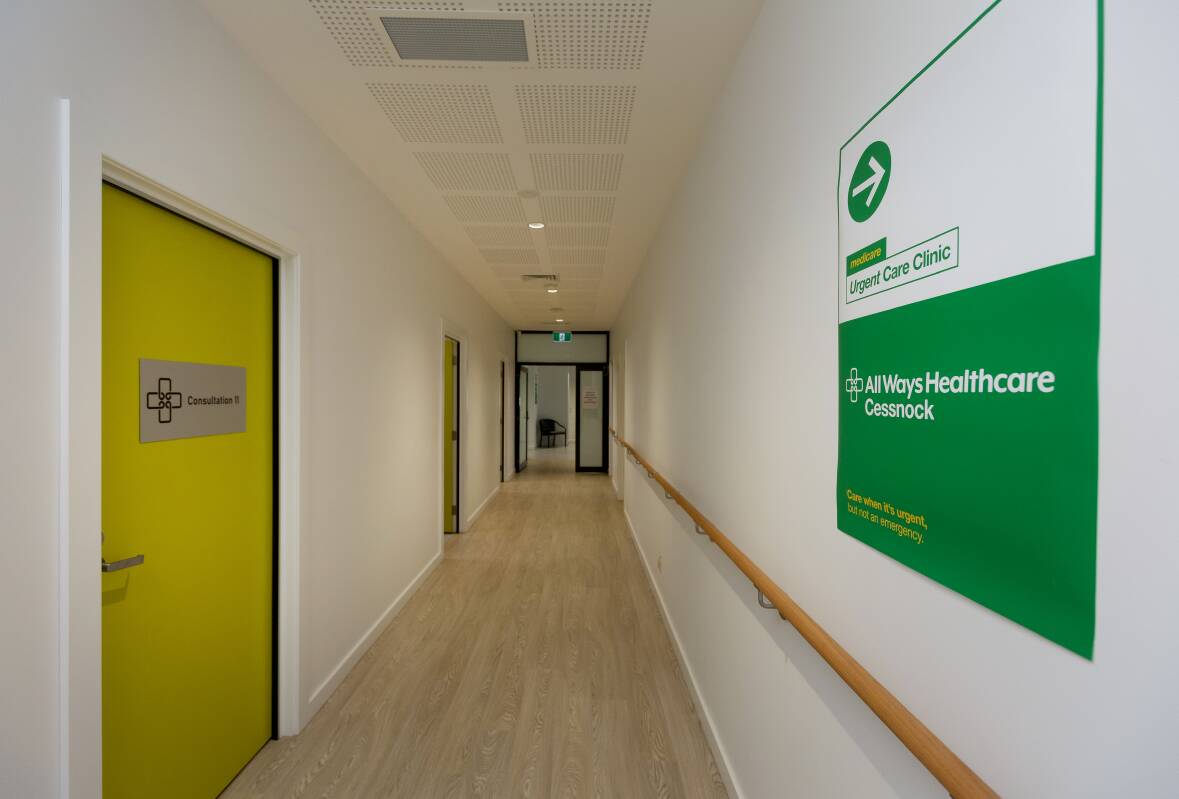
A bulk-billing Medicare clinic was officially opened at Cessnock on Friday in a federal government move to ease pressure on emergency departments and people's hip pockets.
Officials expect the clinic will reduce presentations at Cessnock and Maitland hospitals, where patients can face long waits for treatment or leave before being seen - particularly for conditions that GPs can handle.
The Cessnock Medicare Urgent Care Clinic on Vincent Street is open from 8am to 6pm seven days, with plans to extend hours based on demand.
Doctors and nurses will provide care at the clinic, with no need for an appointment.
Federal Hunter MP Dan Repacholi said the clinic would be "a game changer for families in our local community, enabling them to get bulk-billed care without waiting for an appointment".
People have been increasingly complaining to GPs about the cost of appointments. The cost for a standard GP consultation was generally about $70 to $90 in the Hunter, with a Medicare rebate of about $40.
The decline in bulk billing emerged because previous governments maintained a Medicare rebate freeze, which squeezed GP budgets as costs rose.
Mr Repacholi said the new bulk-billing clinic was "an important missing link in the health system".
"Emergency departments are built for those once in a lifetime emergencies and you shouldn't have to wait in their waiting rooms for things like a deep cut," he said.
"When your kid falls off a skateboard and breaks their arm, instead of spending hours in the Cessnock or Maitland emergency department, you will be able to come to the [Cessnock clinic]."
The new Cessnock service will be run through All Ways Healthcare's existing medical centre. It is one of 14 Medicare clinics to be established in NSW.
The Cessnock clinic's practice manager Sue Richards said interest in the clinic was "increasing every day" and "we're glad we can help people".
The Newcastle Herald reported last week that two of the Medicare clinics will be in Umina and Lake Haven on the Central Coast, areas known for socio-economic disadvantage.
Federal Assistant Minister for Rural and Regional Health Emma McBride said the clinics were an example of the Albanese government "strengthening Medicare and making it easier to see a doctor".
The clinics are intended to provide short-term care for urgent conditions that are not immediately life-threatening.
This includes respiratory and gastrointestinal illnesses, urinary tract and sexually transmitted infections, closed fractures and minor lacerations, eye injuries and burns.







